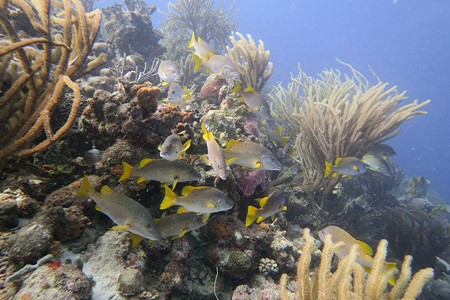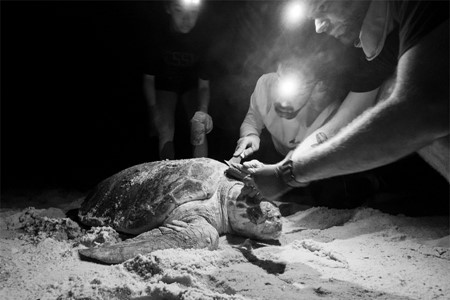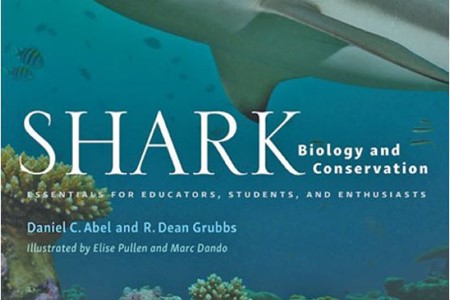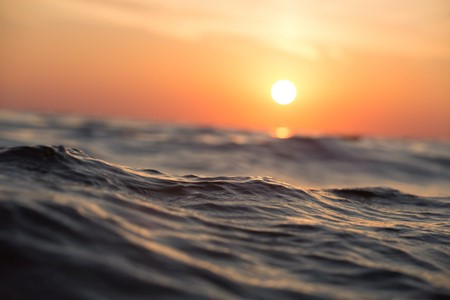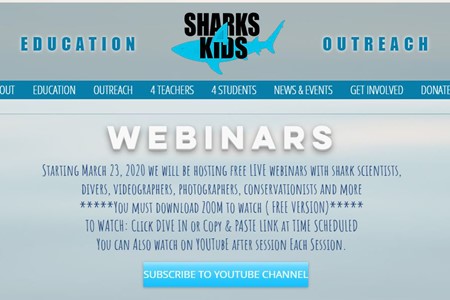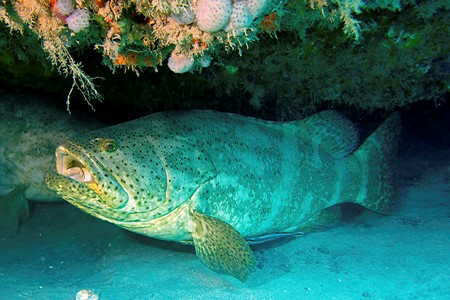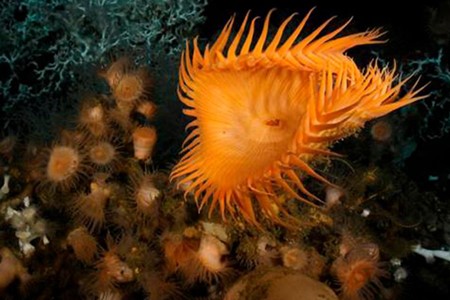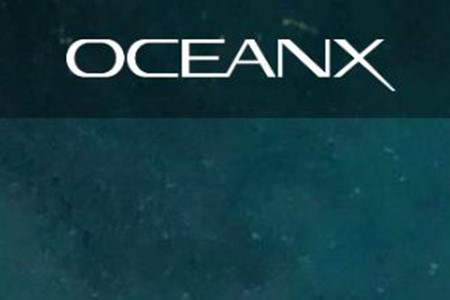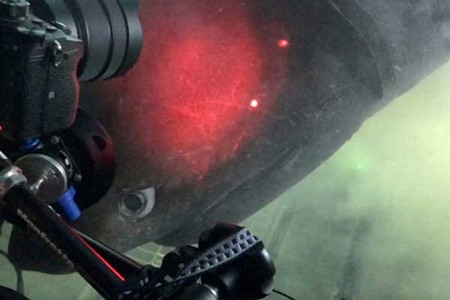In recent decades, the decline of living hard coral on reefs around the world has raised concerns among marine experts. For years, the presumption was that decline signaled that an entire reef’s future was threatened. A study by Florida State University researchers shows that might not always be the case. While a complement of healthy coral is still preferred, dead or dying coral might not be fatal for an entire reef.
Sea turtles can carry more than 100,000 tiny animals on their shells
National Geographic covers FSUCML's Dr. Jeroen Ingels and his research on meiofauna epibiont work revolving around sea turtles.

